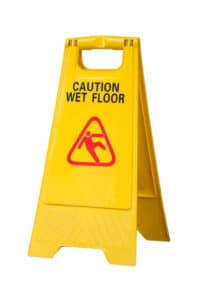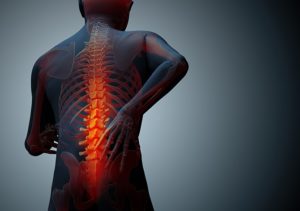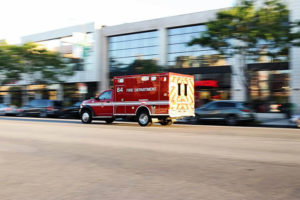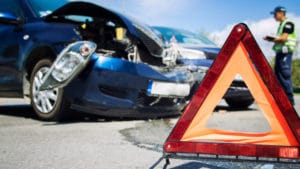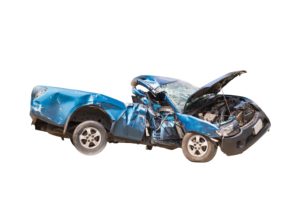Unfortunately, car accidents happen each and every day, whether it is on the road or in a parking lot, parking garage, or even a driveway. When a car accident does happen, people generally call the police to come out and file a police report. Police reports are documents that are used during the insurance claim process after a car accident has happened. These police reports include basic information about the car accident including the location, the date and time, who was involved, and any other information that is important.
Vehicle Damage Rating
When a police officer is filing a police report, they will assess the damage done to the vehicles in the accident and include it in the police report. The police officer will assign a vehicle damage rating based on their findings, although not every police report will include this information. There are three different values that go into determining the vehicle damage rating.
- Direction of force: Represents the direction in which the vehicle was struck. Typically, this is a number that can be found on a clock. A vehicle that is struck directly from behind should receive a 6, a vehicle that is struck from the side should receive a 3, and the vehicle that is directly struck from the front should receive a 12.
- Damage description: Typically a series of letters that describe the location of the damage to the vehicle or the type of collision. For example, a vehicle that suffers a head-on collision will receive the letter F, and a vehicle that suffers a rear-end collision will receive the letter R.
- Severity of damage: This represents how much damage a vehicle has endured. Typically, the number scale is between one and six. The more damage a vehicle has endured, the higher the number will be.
Four Car Damage Categories
When the insurance company is looking into the accident, an inspector will evaluate the damage done to both vehicles. Typically, the inspector will classify the vehicle damage into one of four categories. The four different categories are:
- N: The at-fault party’s insurance company wants to see the vehicle labeled in the N category. This consists of minor vehicle damage, such as a broken tail light. Typically, the car does not have any substantial damage, like a ruined body or frame. The owner of the vehicle should still be able to drive the vehicle safely. However, if there are minor damages like a broken tail light, the owner should get it fixed before driving on public roads.
- S: In category S, the vehicle has sustained major damage, although it can be repaired. The vehicle could have a ruined body or frame, but can be salvaged by a professional. The owner of the vehicle is not allowed to drive the vehicle until a licensed mechanic has repaired the vehicle.
- B: In category B, the vehicle cannot be driven again due to the amount of damage. Now, the vehicle is only good for selling the parts. If your vehicle has been categorized in category B, your insurance company will not allow you to remove the parts, and a salvage yard will get rid of the pieces.
- A: In category A, the vehicle has been completely ruined because of the wreck and no one can remove or sell any parts of the vehicle.
How Does a Police Report Affect Your Claim?
The insurance company will conduct investigations when notified of the car accident and will want to see the police report. The claims adjuster does not have to accept any information within the police report. They can come out to inspect your vehicle themselves and determine the category themselves. The claims adjuster may think that the vehicle is more damaged than the police officer, or vice versa. Overall, the police report is a good place to start with receiving compensation for your vehicle.
If you go to court due to a car accident, a police report can be very critical with strong evidence of the car accident. If you or a loved one has been involved in a car accident, it is important that you protect your rights to compensation. At Richard Harris Law Firm, our attorneys have had years of experience dealing with motor vehicle accident cases. If you are dealing with a motor vehicle accident case, reach out to us for help and a strong defense to ensure compensation.




















